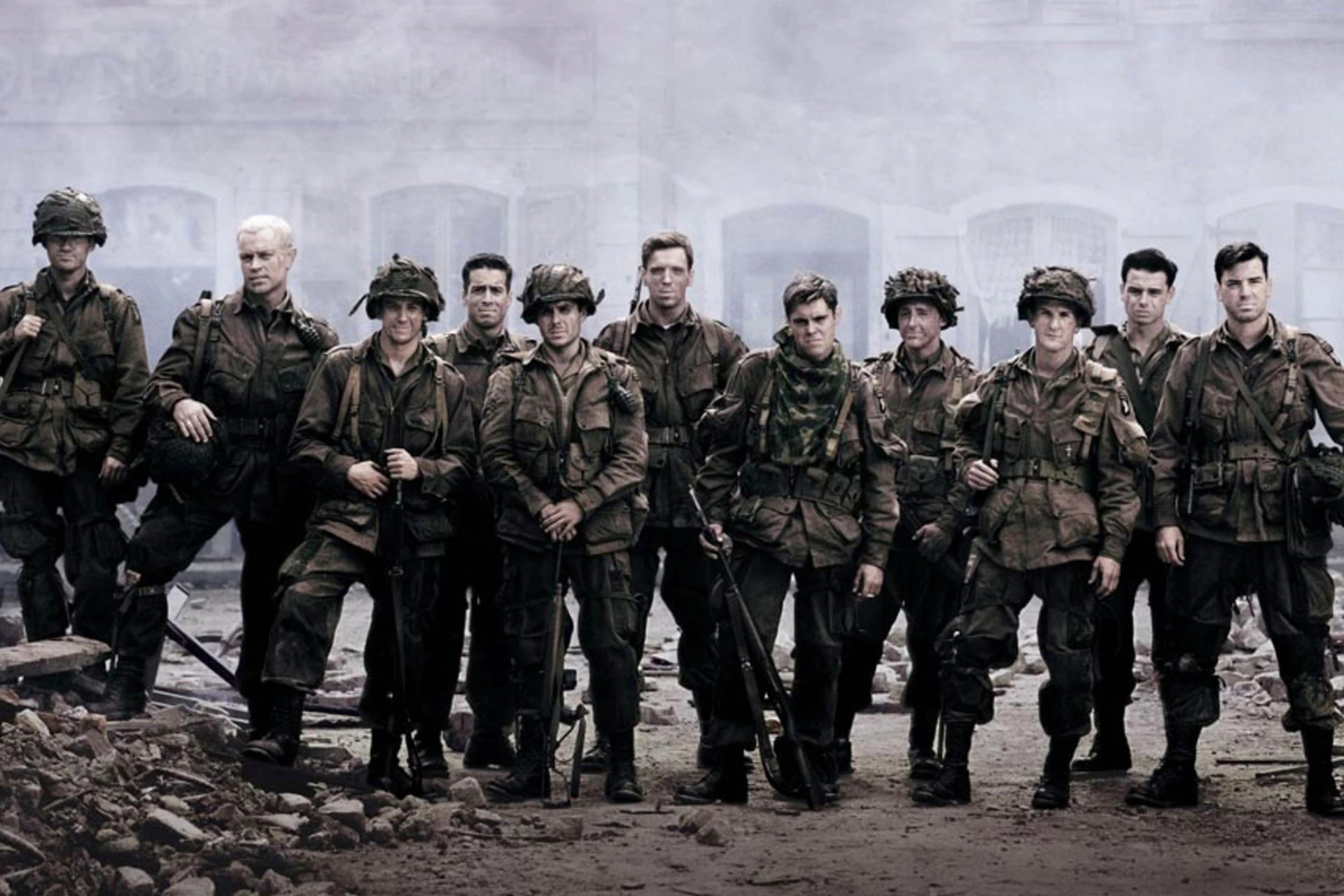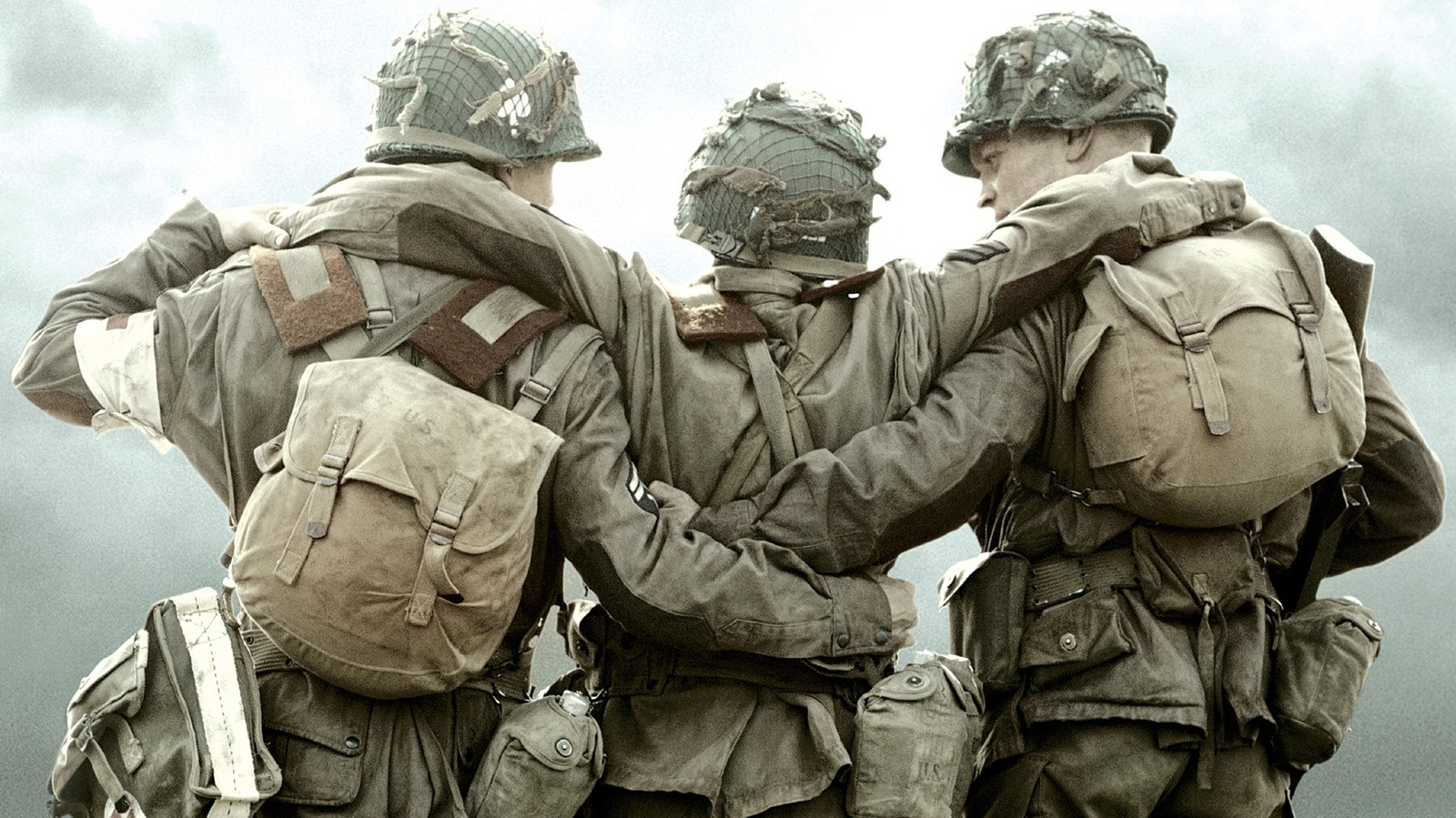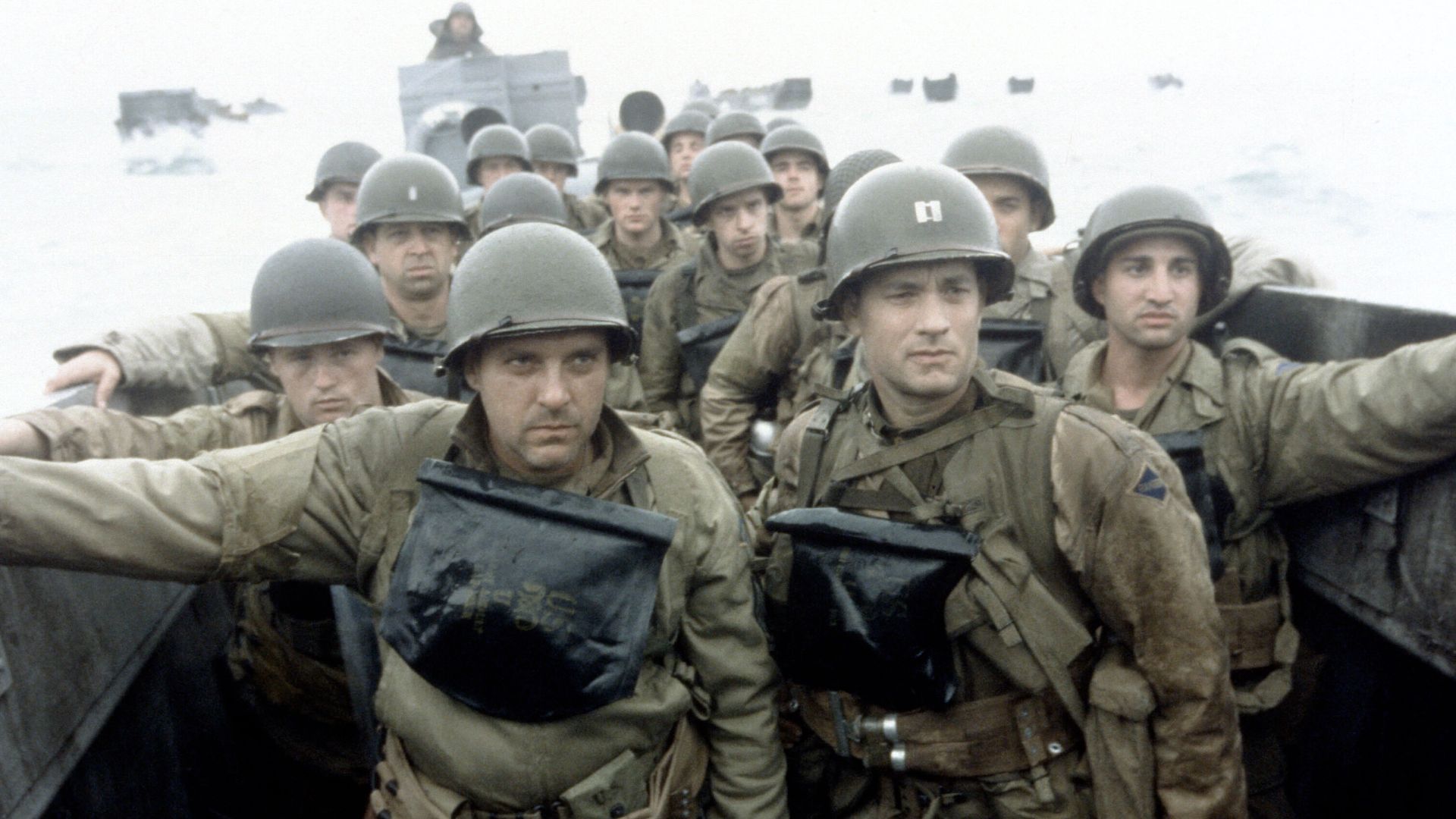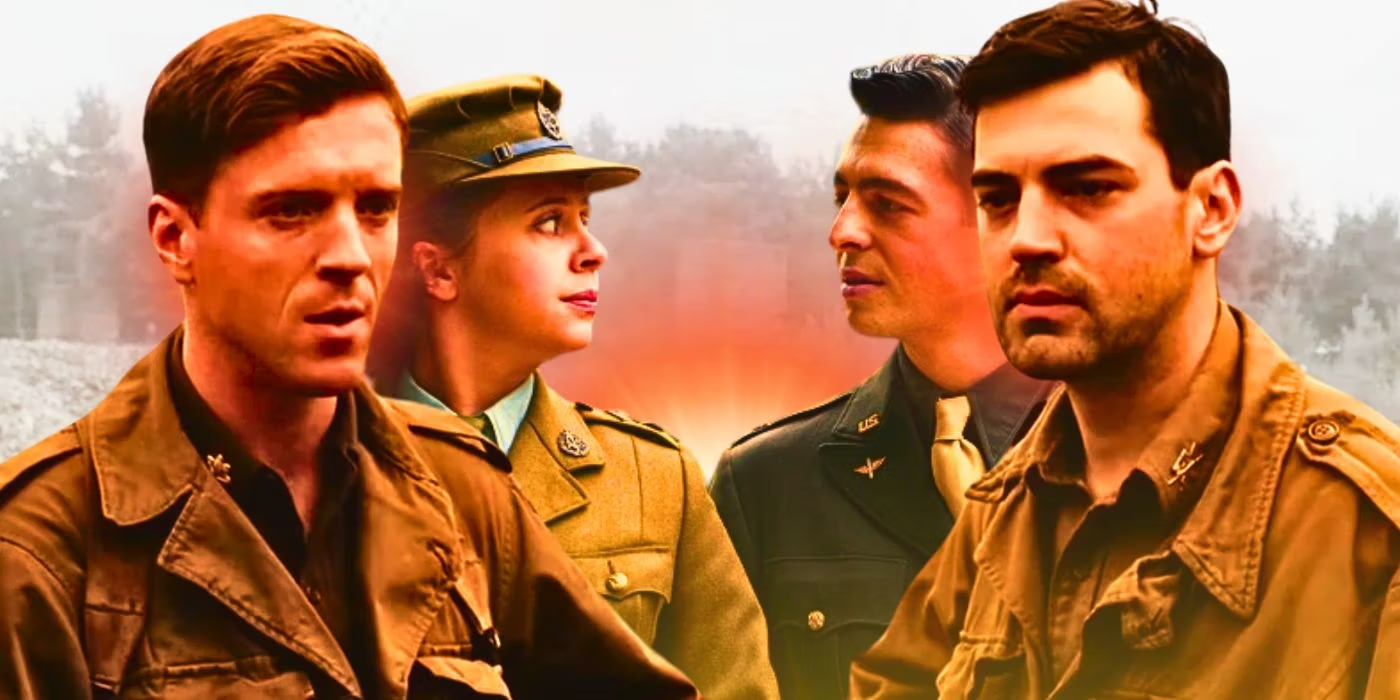In 2001, HBO introduced “Band of Brothers,” a groundbreaking miniseries directed by Steven Spielberg with a cameo and executive production role by Tom Hanks. This series not only captivated audiences with its poignant storytelling and authentic depiction of the Easy Company of the 101st Airborne Division during World War II but also set a high benchmark for historical accuracy in war dramas.
As one of the most lauded depictions of the European Theater of World War II, “Band of Brothers” won critical acclaim, securing Emmy and Golden Globe awards for its vivid portrayal and deep emotional engagement.

The Birth of “The Pacific” Through Proven Success
Building on the monumental success of “Band of Brothers,” Spielberg and Hanks reunited in 2010 to craft “The Pacific,” a companion piece that shifts focus to the brutal Pacific Theatre. This series not only expanded the narrative canvas but also preserved the integrity and realism that the original series was known for. Actor Joe Mazzello, who played Marine Eugene Sledge, vividly described the intense preparation that went into portraying such authentic military experiences.
Transforming Actors into Soldiers: A Harsh Reality
Mazzello, in an enlightening HBO interview, shared that the training was far from a gentle induction. “We thought it was going to be, like, make your bed, do a little running,” he said. But the reality was drastically different: “We were in the middle of a jungle carrying 40 pounds of equipment on our backs. We were digging ditches, getting screamed at.”

This rigorous preparation mirrored actual military training, immersing the actors into their roles to a degree seldom seen in television. The physical and emotional demands placed on the cast were a testament to the series’ commitment to authenticity, contributing significantly to its impressive 8.3 rating on IMDB and 91% approval on Rotten Tomatoes.
The Impact of Realism on Cast and Crew
The commitment to realism had profound impacts not only on the portrayal of historical events but also on the personal lives of those involved in the series. Notably, Neal McDonough, another star of “Band of Brothers,” experienced severe professional consequences when he was fired for refusing to compromise his principles during filming, a decision that led to him losing his Los Angeles home. McDonough’s commitment reflects the intense personal and professional ethos that pervaded the production environments of both series.

The Lasting Legacy of Spielberg and Hanks’ War Epics
The enduring success of “Band of Brothers” and “The Pacific” underscores the power of meticulous production and the profound respect for historical accuracy. The dedication of Spielberg, Hanks, and their cast to not only entertain but also educate and memorialize the sacrifices of real soldiers offers a blueprint for future historical dramas.
As “The Pacific” followed in the footsteps of its predecessor, it continued to challenge and expand the boundaries of what can be achieved in portraying war on screen. Both series not only entertain but serve as compelling tributes to the human spirit in the face of overwhelming adversity.
